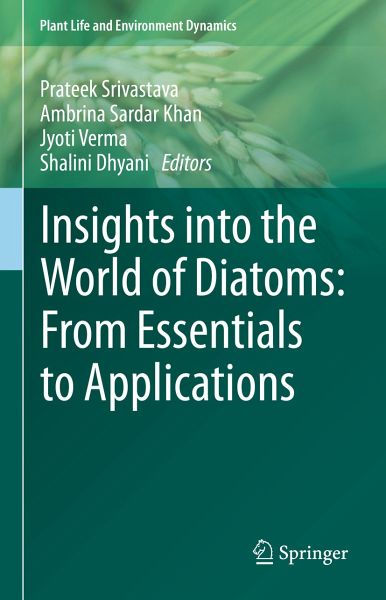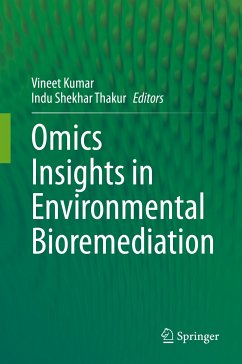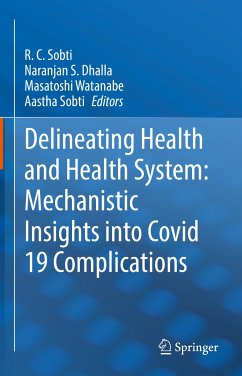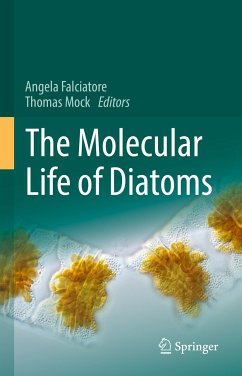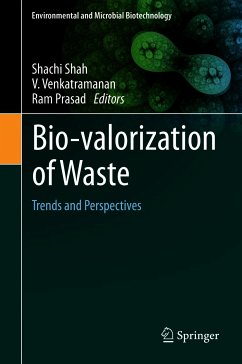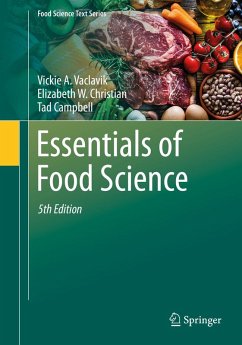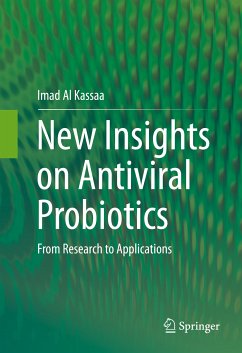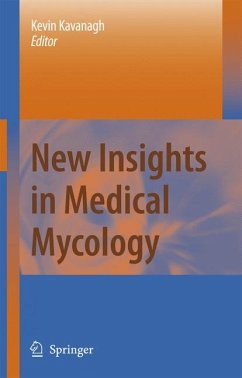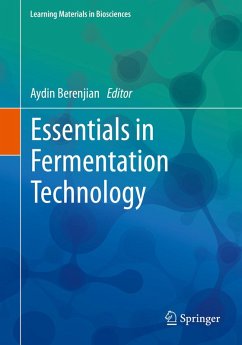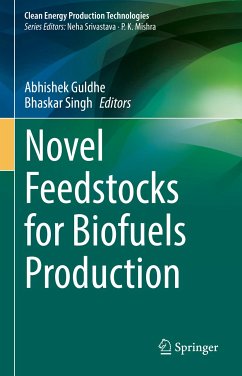Dr. Prateek Srivastava is a PhD in Botany from the University of Allahabad. His research areas are Fresh water ecology and Phycology. He has been awarded several research projects from reputed funding agencies of India viz. Ministry of Science & Technology, Ministry of Environment and Climate Change and Science and Engineering Research Board, most of which have focused on diatoms and other river algae. Two students have been awarded with the PhD degree under his guidance. He has been teaching ecology, biodiversity and phycology to UG and PG students since 2008. He has worked as an assistant professor in Amity University, Noida from 2010 to 2017 and is presently working in the Department of Botany, CMP College, University of Allahabad. He has more than 35 publications to his credit which include research papers in peer-reviewed International and National Journals, book chapters, conference proceedings etc. He has organized and attended several National and Internationalseminars and workshops. Dr. Ambrina Sardar Khan has completed her PhD in Environmental Science from University of Allahabad in the year 2010. Since then, she was working as an Assistant Professor in Amity University, Uttar Pradesh and is engaged in UG and PG teaching. She taught various subjects like Geo-environmental and Meteorological Sciences, Environmental Law, audit and policies, Disaster Management and planning and Environmental pollution to the students of Master in Environmental Sciences and M.Tech environmental Engineering. Her areas of interest are Air and water quality monitoring, ecotoxicology, Nutritional and health risk assessment and Sustainable urban development. She had published two books namely Disaster management and preparedness with CBS publication and Health & Environment: Key factors for Sustainable Urban Development: Changing cities with challenging issues with Lambert Publication. She is actively engage in R&D and has published several research papers in various reputed journals. Dr. Jyoti Verma is working as an Assistant Professor, Department of Zoology, CMP PG College, University of Allahabad. She has worked with Indian Institute of Technology, Kanpur as a Project Scientist in GRBMP, World Bank project and Biodiversity expert in E-FLOW Project of World Wildlife Fund India supported by HSBC. She has also completed many Environmental Impact assessment reports of Northeastern states. She has completed research project on diatoms of Indian subcontinent funded by Indian Government Agencies. Presently she is working on UGC Start-up grant project on Diatom Biodiversity of Ken-Betwa Rivers. She has received UGC-Women PDF Fellowship Award 2011, CSIR-International Travel Fellowship2012, Young Scientist award in Oral Presentation 2016, International Travel Fellowship DST2018, Young Indian Diatomist2018 and Young Environmental Scientist Award 2018 at JNU, New Delhi. She has published more than 35 publications in peer-reviewed International and National Journals, 7 book chapter, 10 reports. She has attended and presented more than 30 research paper in National and International seminar, 12 workshops also. She has visited many of the countries as a recourse person, young Researcher (Germany, Thailand, Malaysia and Nepal). She is member and fellow of the many National and International prestigious societies. She is a reviewer, member of editorial boards of the National and International Journals. She has supervised a PhD student of Amity University as a Co-Supervisor (awarded) and one student enrolled for PhD under her supervision. Dr. Shalini Dhyani is Senior Scientist with Critical Zone Group of Water Technology and Management Division in CSIR-NEERI, India. She is South Asia Regional Chair for IUCN CEM (Commission on Ecosystems Management) (2017-2020). She is IPBES Lead Author Global thematic assessment on Sustainable Use of Wild Species (2018-2021) and was lead author for IPBES Asia Pacific regional assessment of biodiversity and ecosystem services in Asia Pacific (2015-2018). She did her doctoral work from Forest Research Institute, Dehradun. Presently, she is involved in a multidisciplinary long term Critical Zone research for understanding the functioning and impact of ground water dependent ecosystems and APN-IGES, Japan project on developing plausive alternate scenarios for Bhitar kanika, India. Dr. Shalini has worked on Biodiversity Inclusive impact assessment of important developmental projects across India and has also contributed to many NGT and Judiciary projects. Her work in Upper Ganga catchment focuses on understanding the role of riparian buffers for ensuring river health and role of phytochemicals in giving special property to river water. She has worked in Indo-EU projects on decontamination of soil and water using techno ecological solutions. She was jury member for innovation prize programme on climate change adaptation (CCA) at scale (A@S) 2019 by IMC, UK for Nepal. Dr. Shalini was awarded "IUCN-CEM Chair Young Professional Award "at World Parks Congress 2014 in Sydney, Australia for her excellent research on Himalayan ecosystems. Dr. Shalini is recipient of various national as well as international financial grants viz. UNEP, UNESCO, GIZ, FAO, IUCN, UNU, European Union-LEANES, Rufford SGP, DST, APN etc. She has her more than 60 national, international publications and many invited popular science talks to her credit.
